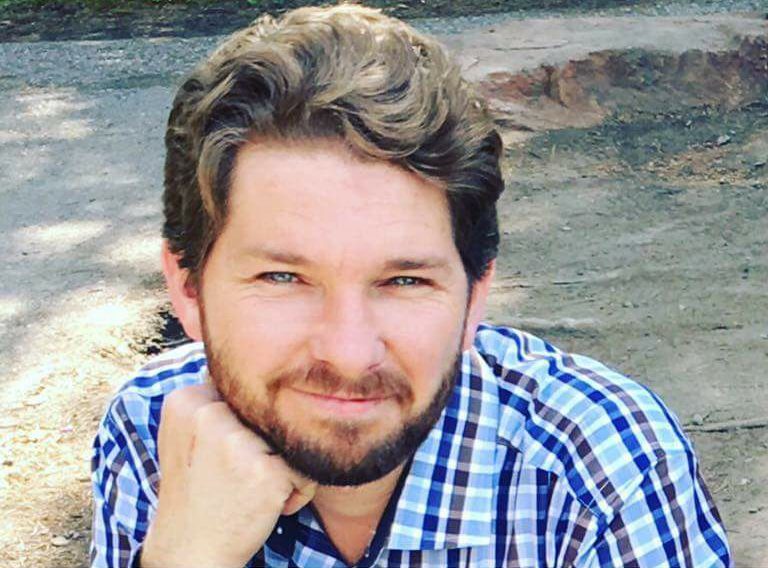Podcast: Play in new window | Download
Subscribe: Apple Podcasts | Google Podcasts | RSS
“If you want it, and get right in the middle of it, you will learn it.” -Andrew Schmidt
Andrew runs a network marketing business with Plexus. He also manages his own business educating people about currency, assets, and investments. He runs these businesses from home. This gives him time to focus on his family and teach his kids about business as he works.
Andrew’s story is definitely not stereotypical. He’s been a pilot, a firefighter, a farmer, and an entrepreneur.
Here’s a link to Andrew’s website:
http://www.schmidtassetsltd.com/home.html
Education:
Andrew was raised in Bolivia, South America, and got several years of elementary education there. But the majority of his learning as a child happened on the farm.
There was no option in Bolivia but to learn the skills you need. Farming is complex work filled with the need for many skill sets. Anytime someone with a new skill came to help with an issue, Andrew learned from that person. A key piece of his education was shadowing others who knew more about specific issues than he did.
When he chose to move to Canada because of his personal goals, Andrew had an issue. He only knew German and Spanish. He knew there was no way to continue his learning without English. So he taught himself the language.
In Canada, he had a hard time adjusting to the difference in learning. Here, people went to school to focus on one specific career. But Andrew’s education had involved building as many skill sets as possible.
However, his past experience came in handy when he got into aviation. Because of the trust he had built previously with others in the aviation sector, he was able to land a job in the flying industry.
“You can never learn enough to gain people’s trust.” The trust of other people is a greater credential than any degree or qualification.
Unschooling:
Andrew seeks to build the groundwork for his kids to be able to launch their lives.
One important facet of this goal is surrounding himself and his family with people of numerous skill sets and ideas, so they can learn directly from people with vast arrays of experience.
If parents spend time with high-quality people, their kids will naturally gravitate to high-quality connections as they build their own social capital.
Here are some tips on self-education per our conversation:
- Be a trustworthy person.
- Remember that there is more than one way to learn.
- Immerse yourself into what’s in front of you.
- Surround yourself with high-quality people.
This was the first episode I ever recorded with Educationeering. Andrew’s story was one of the ones that fueled the idea for this podcast.


